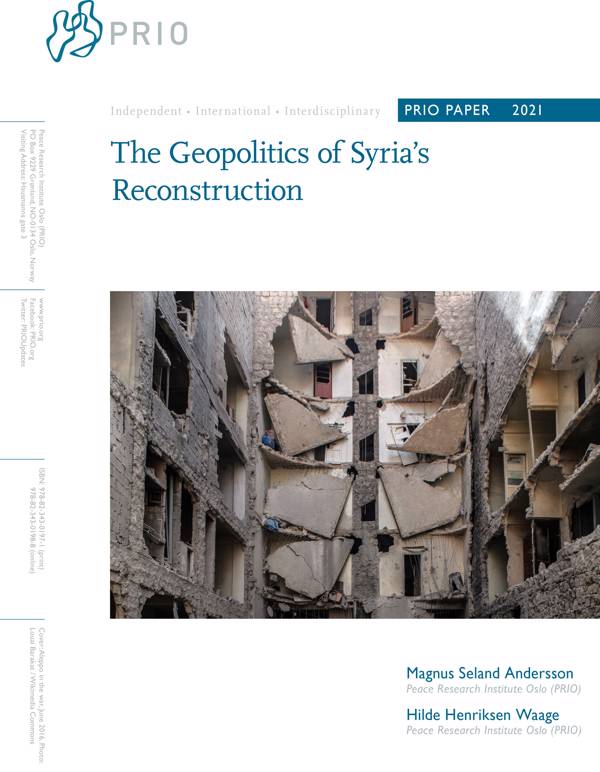After ten years of civil war in Syria, the brutal regime of Bashar al-Assad remains in power. However, in 2020, Syria was hit with new US sanctions, sending its economy into a freefall.
These newer sanctions also target Russia and Iran, Syria’s key allies. The Biden administration hopes to pressure Syria and its allies to accept a compromise solution to the civil war under UN auspices. The US retains a small-scale military presence in eastern Syria to act as further leverage in a UN-orchestrated settlement. In this report, we examine the geopolitics of Syria’s reconstruction, emphasizing the role of US economic sanctions on Syria, as well as why Russia and Iran have so consistently supported Assad, as both have long-term interests in the survival of the Assad regime. Syria, Russia, and Iran have, historically, found common ground in opposing the US’ role in the Middle East. With US-Russian relations at a low-point, and prospects for a US-Iran rapprochement increasingly dim, the tragedy that is the international community’s inability to end the civil war in Syria remains deadlocked.









